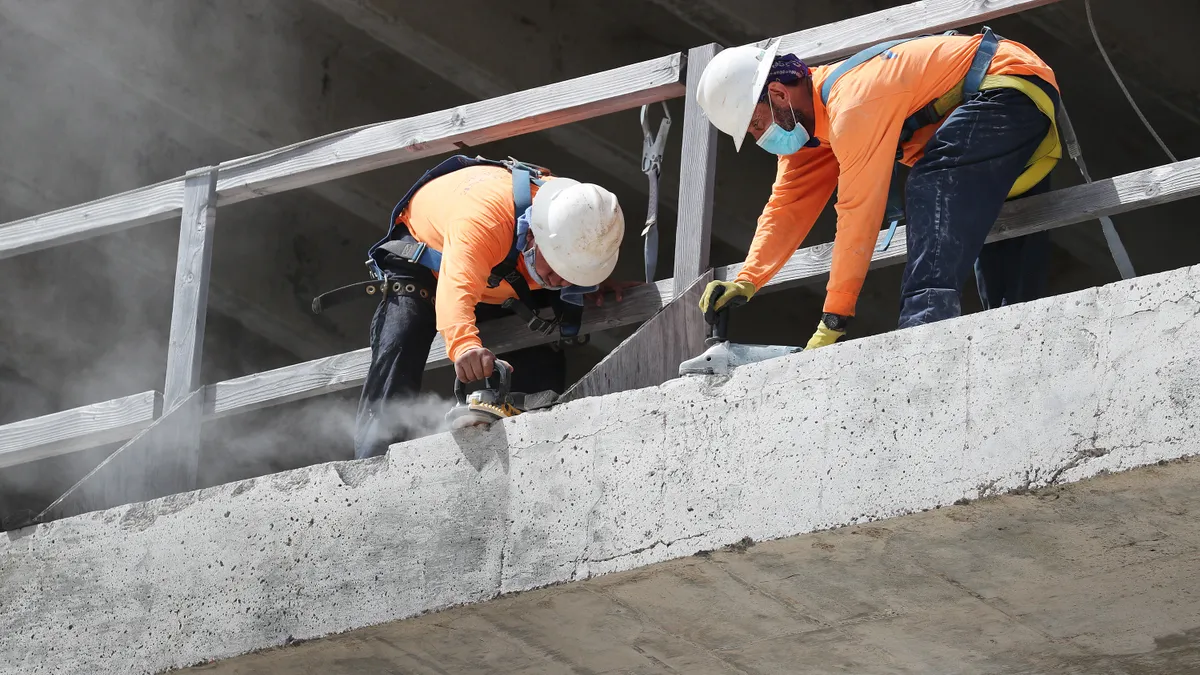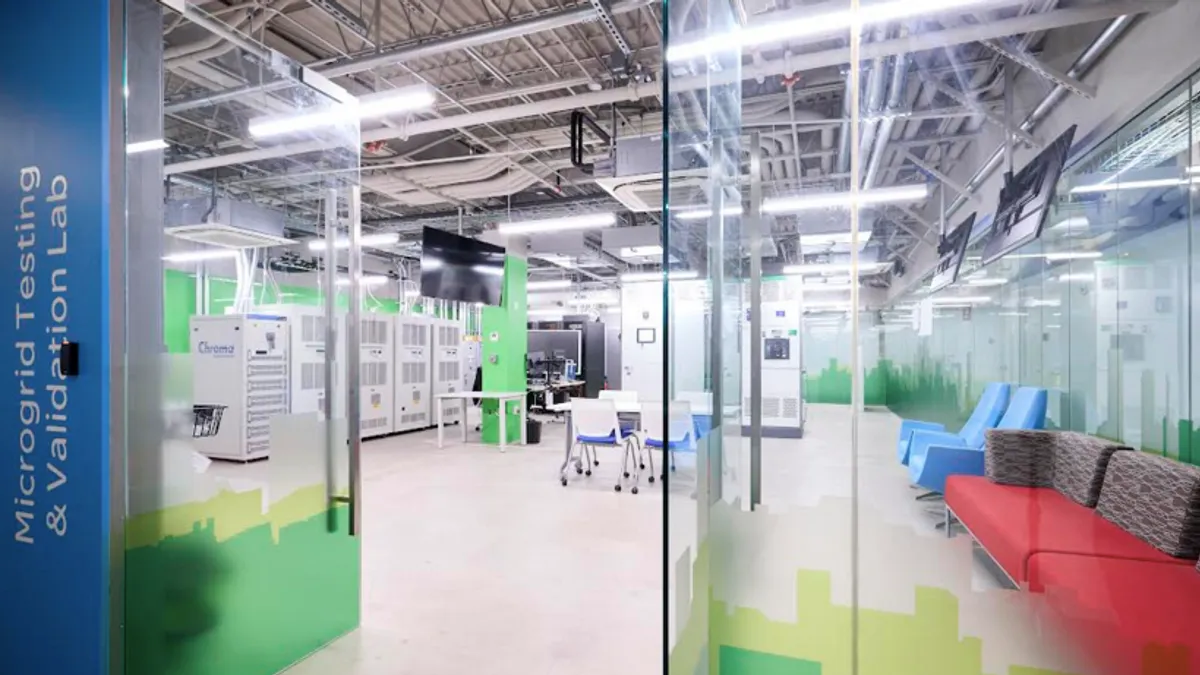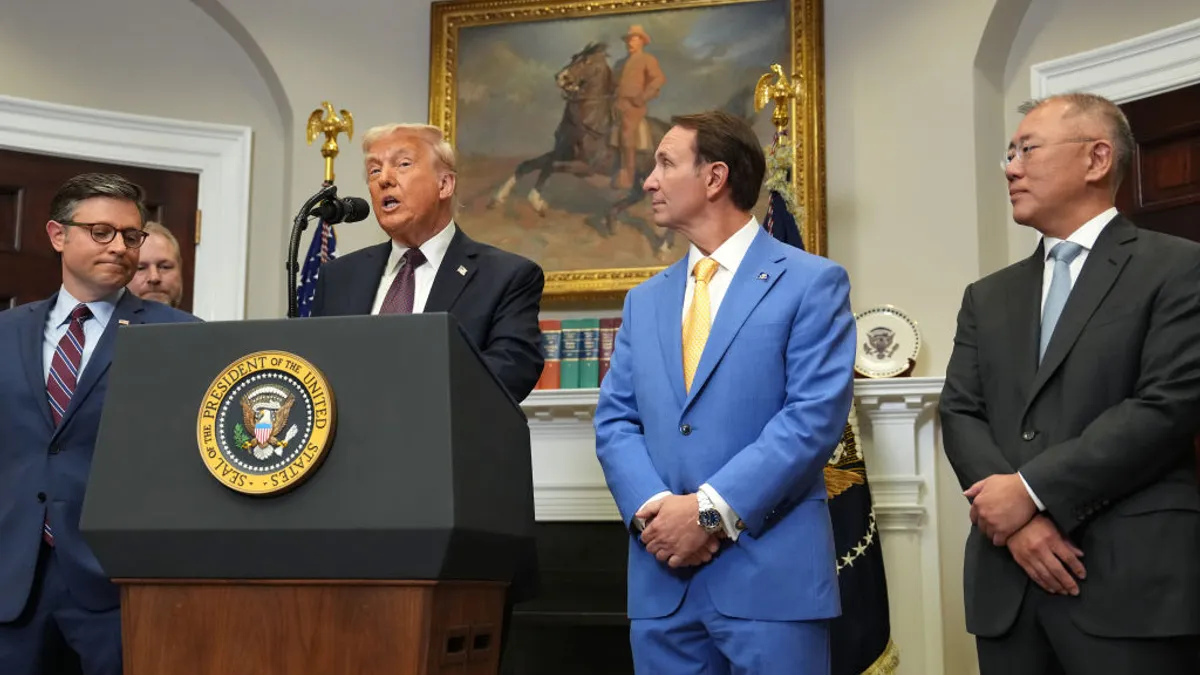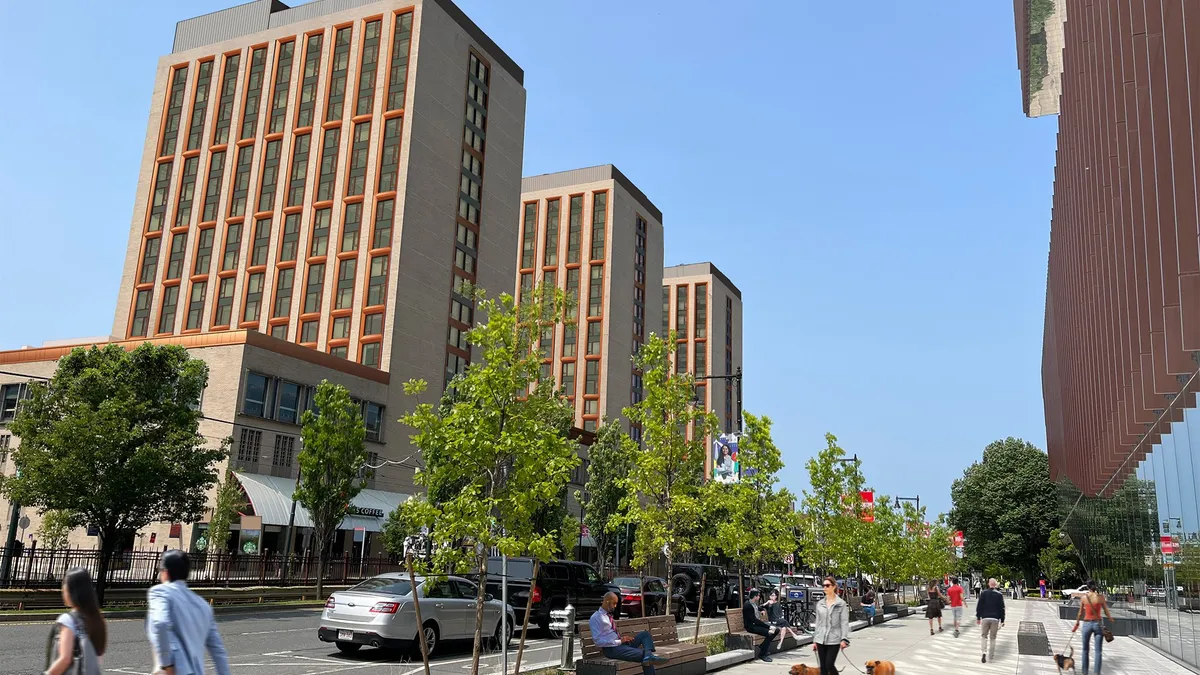To spread the economic benefits that construction projects generate more fairly across communities, government agencies reserve some public work for contractors owned or operated by traditionally disadvantaged groups.
Federal, state and even city and county agencies have special programs that give qualified minority- and woman-owned business enterprises (MWBEs) and other disadvantaged business enterprises (DBEs), such as service-disabled veterans, a chance to bid on and win certain construction projects ranging from small to mega. That is, if they are certified.
The Small Business Administration, for example, runs the 8(a) certification program, which is probably the most well-known among government contractors, but other letting agencies have renditions as well. Most certifying agencies require that a qualified business be owned by at least 51% minority or disadvantaged owners.
African Americans, Hispanics, Native Americans, Asian-Pacific and Subcontinent Asian Americans and women are presumed to be socially and economically disadvantaged, according to the federal government. Other individuals can also qualify as socially and economically disadvantaged on a case-by-case basis.
But while certification provides some opportunities, it doesn’t mean that MWBEs and DBEs get to skip over all the hard work that goes into building a business. “That's not the way it works,” said Dan Moncrief III, CEO and chairman of certified minority commercial contractor McDaniel’s Construction Corp. in Columbus, Ohio, and president of the National Association of Minority Contractors.
“You have to work harder than you've ever worked and stay up later than you've ever stayed up to get your first job,” he said.” And once you get a first job, it may be a long time before you get the second one. So, it's a constant grind. If you don't have the fortitude for it, you might want to do something else.”
With the many agencies, certifications, programs and regulations in the mix, some smaller disadvantaged contractors may be confused about where to start to how to reap the benefits available to them.
And for those contractors starting out with less capital and fewer resources than their larger MWBE and DBE counterparts have, the road to success might be a little tougher — and longer — but there are strategies that can help them be more competitive.
Build relationships
There are many benefits that come from developing personal relationships with project decision-makers, such as staff in public contracting offices, officials who award contracts and larger construction firms. "At the end of the day, if you don't build a relationship, you don't grow," said Derek Mateos, president and CEO of Tampa, Florida-based Matcon Construction Services Inc. "It's that simple."
Attend pre-bid meetings, get to know purchasing managers, be a visible presence at public agency board meetings and hearings and show up at trade shows or special MWBE and DBE functions, he continued. These are all ways that contractors can stand out and show they are interested in what's going on at the various contracting agencies and that they are willing to take on work.
While a solid personal relationship won’t let a contractor leapfrog past procurement rules, it can come in handy when agency officers or facilities managers can use their discretion in awarding projects. Sometimes some of these jobs are under a certain cost threshold, Mateos said, and are awarded to the firm deemed most qualified rather than the lowest bidder.
The contractor that has spent time building up a level of trust, in those instances, likely will have an edge.
Take part in programs
Agencies that certify MWBEs and DBEs will also sometimes provide opportunities that can help boost their industry knowledge and help them make connections that can lead to new work. Some even offer access to direct financial assistance with subsidized bonding and access to capital, according to attorney Elizabeth Marchionni with Kaufman Dolowich Voluck LLP in New York.
The SBA has a mentor-protege program, for example. Other state and federal agencies, like the Port Authority of New York and New Jersey and the USDOT, provide this opportunity as well.
The goal of these initiatives is to help small MWBEs and DBEs develop and grow by pairing them with more experienced contractors. The SBA and other agencies even promote joint ventures between the two so that the smaller firms can get on-the-job experience from pre-bid to closeout. At the very least, the mentor makes itself available to answer questions and give advice.
Many of these same agencies, Marchionni said, offer additional educational programs that teach new MWBE and DBE contractors about the many aspects of running a construction business and sponsor matchmaking events that introduce them to suppliers and potential customers.
“I am a great proponent of the educational opportunities,” Moncrief said. “[They] are one of the things that I used extensively.” Various agencies, he said, had pools of money that small MWBE and DBE firms could use to send company principals and staff to college, to take training courses and seminars or to finance new technology.
“I used that to the fullest extent that I could," he said, "and it was one of the best things that we ever did as a company."
But the tangle of agencies, different program offerings and varying regulations can be overwhelming to small firms that are just getting into government contracting, said Kenneth Thomas, co-founder and co-managing director of the Minority & Women Contractors & Developers Association (MWCDA).
“I think what is problematic about these programs is that they aren't necessarily comprehensive or holistic in their approach,” Thomas said. “These programs are worthwhile. I just think that, from the MBE’s' perspective, they're inundated with the bureaucracy of the administrative workflow that it takes to be successful in these programs.”
So, in an attempt to ease that burden, the MWCDA is partnering with Columbia University to develop a program that consolidates education, access to working capital and bonding capacity through partnerships with lending institutions and the chance to connect with contractors that might need a qualified MWBE to meet their own contractual requirements.
This isn’t a replacement for the agencies that these firms already work with, he said, but a supplemental source that can help them navigate the red tape of the certification process and help grow their businesses.
Aim for low-hanging fruit
Smaller MWBEs and DBEs entering the government contracting market, Marchionni said, should think about bidding on smaller projects to start — work they know they can perform successfully. “They need to go for low-hanging fruit,” she said.
In fact, Marchionni said, it is doubtful that a small contractor could even win approval for a large contract because of the vetting that public agencies must do to make sure the selected construction company can carry large payrolls, purchase materials, and honor other financial obligations between draw payments.
Instead of competing with larger companies or acting as a subcontractor in order to get his foot in the door, Moncrief said, he looked for smaller opportunities where he could bid as a prime contractor, particularly for agencies that have special bid categories — in the range of $50,000 to $100,000, for instance — for very small businesses.
Matcon, however, still performs as an MWBE subcontractor on large projects and pursues general contractor work as well.
Don’t ignore the private sector
At the end of the day, an MWBE or DBE construction business is just that — a business. And right now, qualified contractors are in demand not only in the public sector but in the private arena as well.
“Usually [certified firms] are doing mostly public work,” Marchionni said,” because that’s where the strength of their certification gets them the furthest. But … if they have an opportunity through their networking and business connection efforts to do a private job for the experience, it’s never a bad idea.”
There are also pending issues in the private sector, she said, like whether private jobs that receive any amount of public funding will be required to meet diversity goals, so those contacts could benefit certified firms in the future.
In fact, Mateos said, Matcon cut its teeth in the private sector for years prior to gaining its minority certifications with the Florida DOT and local county and city agencies.
Mind the limit
One issue that is impactful to MWBEs and DBEs now and will surely be so into the future is the issue of caps – the amount of revenue these firms can bring in annually before being graduated from an agency program.
Some may think that the SBA limit of $36.5 million for commercial and institutional contractors, for example, is too high. But, according to some contractors, including Moncrief, it’s actually not high enough.
Moncrief said his company brings in $30 million to $40 million dollars a year but that he’s competing against billion-dollar companies. The limits are too small, he said, particularly now that there is a dearth of qualified and certified firms.
“What [agencies] want is to have these utilization goals met, and in order to do that, you need an abundance of qualified, certified firms that can actually do the work. But if they get too successful, then they're kicked out,” Marchionni said. “It’s definitely a Catch-22.”






















